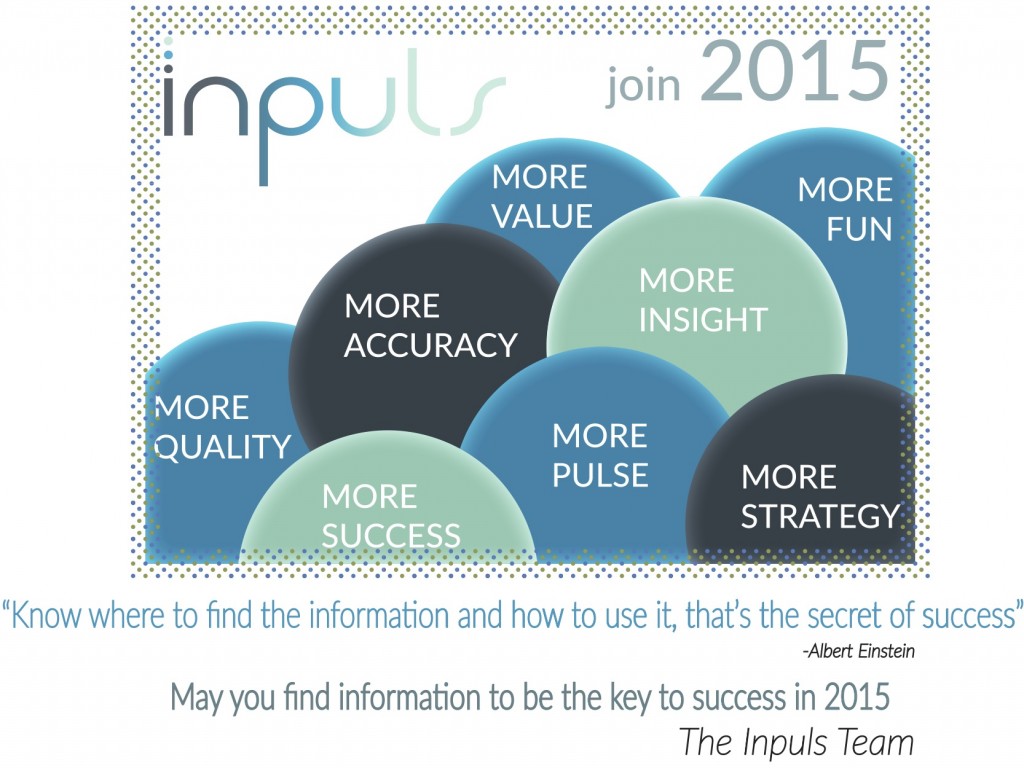Inpuls joins forces with BearingPoint
BearingPoint acquires Inpuls, a leading data specialist in Belgium
The acquisition contributes to BearingPoint’s overall growth objectives, strengthens its presence in Belgium, and enhances its data capabilities
Amsterdam, November 14, 2018– Management and technology consultancy BearingPoint has made a strategic move in the Belgian consulting market by acquiring Inpuls, a leading data specialist. The acquisition contributes to BearingPoint’s overall growth objectives, strengthens its presence in Belgium, and enhances its data capabilities.
“We share the conviction with our clients that data paves the way for the development streams of digitalization, from robotization, AI and Blockchain to IoT and predictive analytics. I am excited to have the Inpuls team on board with us, and I am sure our clients are as well. Its consultants are specialized in data subjects, and their expertise will enable us to meet our clients’ expectations on strategic and high value-added projects,” said Eric Falque, leader of the FBA (France, Benelux, Africa) region at BearingPoint.
Founded in 2014, Inpuls is a Belgian consultancy specialized in data strategy, data governance, privacy, Big Data and analytics. Inpuls serves top-tier clients in several industries such as telecom, financial services, pharmaceuticals and retail as well as mid-caps with growth perspectives.
“With BearingPoint we share common values and the vision of bringing innovative solutions to our clients. BearingPoint’s global reach and quality staff will allow us to take our proven and differentiating approach in making organizations data centric to a broader set of clients, both in Belgium and internationally,” said Jan Henderyckx, CEO of Inpuls.
Inpuls expands BearingPoint’s expertise in data governance and data sciences, which is rooted in the firm’s DNA. The Inpuls team brings its expertise and capabilities – from data warehouse to data lake and passing by data foundry.
“We are very excited to have Inpuls joining us. Their acknowledged expertise on the market will enable us to enhance our position in Belgium and meet our clients’ strategic challenges in the management, analysis and governance of their data,” said Sylvain Chevallier, Partner in charge of the Belgian Office at BearingPoint.
BearingPoint will structure its Belgian practice around four market offers: Digital & Strategy, Finance & Regulatory, Operations, and Technology. The latter will be provided by the Inpuls team and its founder, Jan Henderyckx, who joins BearingPoint as a Partner.
The acquisition was orchestrated by Arganto, serving as M&A and Financial advisor, and Dechert LLP, serving as legal advisor.
About BearingPoint
BearingPoint is an independent management and technology consultancy with European roots and a global reach. The company operates in three units: Consulting, Solutions and Ventures. Consulting covers the advisory business; Solutions provides the tools for successful digital transformation, regulatory technology and advanced analytics; Ventures drives the financing and development of start-ups. BearingPoint’s clients include many of the world’s leading companies and organizations. The firm has a global consulting network with more than 10,000 people and supports clients in over 75 countries, engaging with them to achieve measurable and sustainable success.
In Belgium, BearingPoint works with major clients from different sectors (Telecom, Pharmaceuticals, EU Organizations, Manufacturing, Financial Services and Retail) in various subjects : Digital Strategy definition, Robotics, Business Model optimization, Finance and Operations transformation.
For more information, please visit:
Homepage: https://www.BearingPoint.com/en-be/
Annual Report: www.bearingpoint.com/en/about-us/annual-report/connecting-the-dots/
LinkedIn:www.linkedin.com/company/bearingpoint
Twitter: @BearingPoint
Press contact
Olivier Baudry
Tel : +32 2 320 10 16






